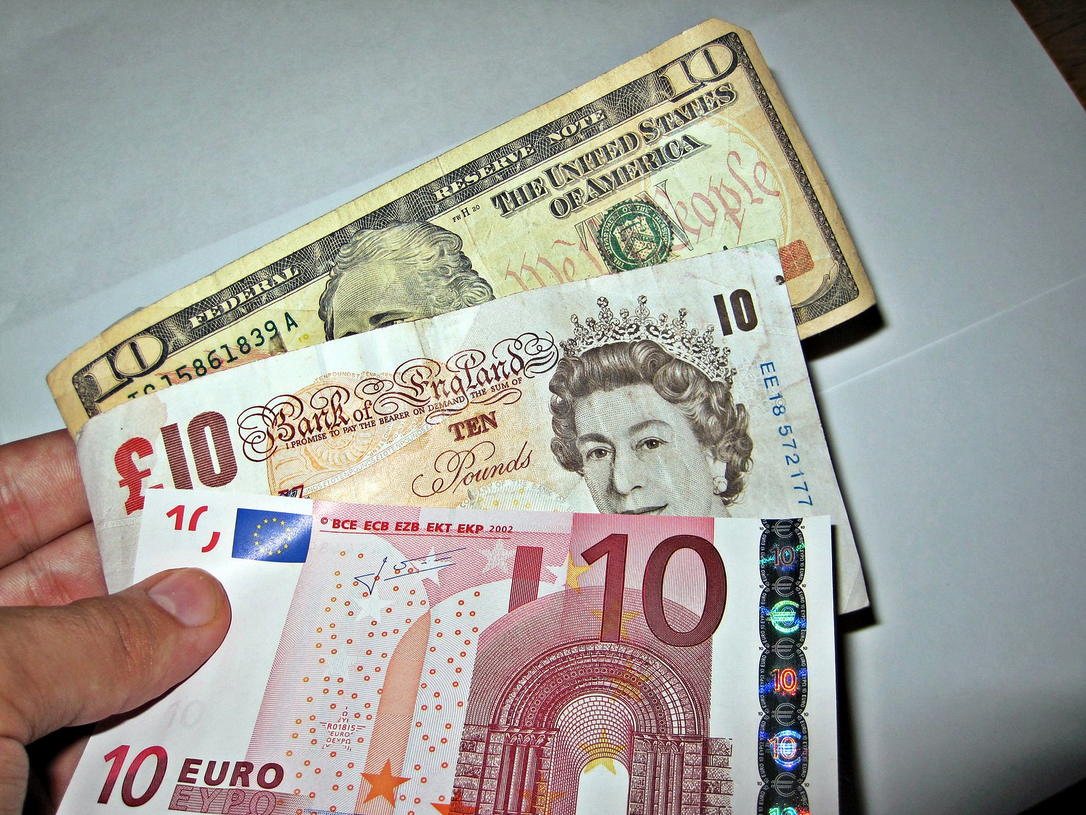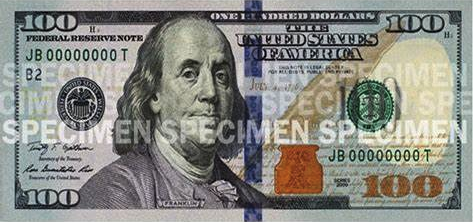When you’re from the U.S. and travel to another country, you’ll have to potentially pay for hotels, tours, restaurants and vendors. You may pay for some of those in advance, but for others, of course, you’ll need to pay as you go along. Potential forms of payments would be:
- Credit cards (IMPORTANT! Make sure you use one that doesn’t charge foreign transaction fees, and don’t use dynamic currency conversion)
- Travelers cheques (yep, they’re still a thing. Just not much of one, so proceed with caution)
- Cash
Some people get their foreign currency before they even leave the U.S., but others wait until they arrive in the country they plan to visit. Let’s say you’re one of the latter.

PC: TaxRebate.org.uk
Getting cash in a foreign country
Of course, if you want to get cash in a foreign country, you have to use an ATM (IMPORTANT! These are the banks that don’t charge international ATM fees) or exchange your U.S. cash for their foreign currency (in some places, such as Cuba – which doesn’t accept ANY U.S. “cards,” you don’t have a choice – you must exchange currency for currency).
If you have U.S. cash in hand, there are several places where you can do currency conversion:
- Airport kiosks
- A local bank
- Your hotel
Airport kiosks
Airport kiosks are probably the most convenient way to exchange money. I mean, chances are you landed at an airport, and it’s there. However keep in mind that exchange rates and overall costs at an airport kiosk tend to be, shall we say, “not the greatest,” because it’s a captive market and there’s no real competition.
A local bank
Exchanging money at a local bank can be a handy option if the service is available (read: are they willing to take U.S. funds?) but the exchange rate they offer, like kiosks, may include a markup on top of any commission they charge. Find a bank that will be willing and able to work with you beforehand.
Your hotel
Like banks, it’s best to check with your hotel ahead of time. A place that services Americans on a regular basis probably won’t have a problem (provided the amount you want to exchange isn’t too much). But a small family-owned hotel, or an Airbnb might not be so willing to exchange currency for you. Again, find out beforehand.
Getting the best rate
You’ll have to do your homework to figure out how to get the best rate—who charges the least fees, markups, etc. However, there’s one other thing to keep in mind: when exchanging U.S. cash, use “new” money.
Why use “new” money?
 Unlike some other countries where their money eventually “expires,” in the United States, all money ever printed by the Federal Reserve is considered “legal tender.” Officially, U.S. government policy is that all designs of Federal Reserve notes remain legal tender or legally valid for payments, regardless of when they were issued. This policy includes all denominations of Federal Reserve notes, from 1914 to present as per 31 U.S.C. § 5103.
Unlike some other countries where their money eventually “expires,” in the United States, all money ever printed by the Federal Reserve is considered “legal tender.” Officially, U.S. government policy is that all designs of Federal Reserve notes remain legal tender or legally valid for payments, regardless of when they were issued. This policy includes all denominations of Federal Reserve notes, from 1914 to present as per 31 U.S.C. § 5103.
Unfortunately, counterfeiters eventually became really good at making fake money. But over the years, the U.S. government became better at producing money that was more difficult to counterfeit. So since the early 2000s, different denominations of U.S. money may have one or more of the following:
- has been made of a special cotton-paper blend that has special colors mixed in
- has a plastic security strip embedded in the paper
- uses color shifting ink
- has a watermark
- passes the “counterfeit pen” test
- has a 3D security ribbon
- has microprinting
With that, if you use “old” money (say, a $20 bill produced before 2003 or a $100 bill produced before 2013), the money exchange place may want to give you less foreign currency in exchange because your “old” U.S. bill might be counterfeit (not saying you’re purposefully giving them counterfeit money; you probably wouldn’t even know that it was). But if you give them “new” money, they’ll know it’s the real deal.
In conclusion
So, do your homework on the best way and place to exchange money, and make sure you bring new bills. Good luck!
Feature Photo: Monito / flickr / CC BY 2.0
Want to comment on this post? Great! Read this first to help ensure it gets approved.
Want to sponsor a post, write something for Your Mileage May Vary, or put ads on our site? Click here for more info.
Like this post? Please share it! We have plenty more just like it and would love it if you decided to hang around and sign up to get emailed notifications of when we post.
Whether you’ve read our articles before or this is the first time you’re stopping by, we’re really glad you’re here and hope you come back to visit again!
This post first appeared on Your Mileage May Vary
